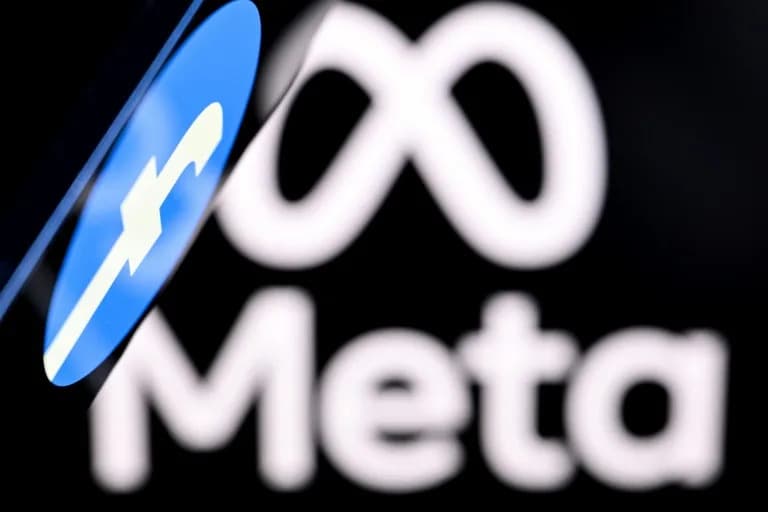Judge James Boasberg dismissed the federal antitrust case against Meta, ruling that purchases of Instagram and WhatsApp did not create an illegal monopoly. The court found robust competition from platforms like TikTok and YouTube and noted users now spend far less time viewing friends’ posts — 17% on Facebook and 7% on Instagram. The judge said major platforms have converged around short, algorithm-driven video, undermining the government's market definition.
U.S. Judge Dismisses FTC Suit — Rules Meta Is Not a Social‑Media Monopoly

A federal judge on Tuesday dismissed the U.S. government's antitrust lawsuit against Meta, finding that the company’s acquisitions of Instagram and WhatsApp did not create an illegal monopoly in the social media market.
Court's findings
Judge James Boasberg of the U.S. District Court in Washington concluded the government’s market definition had become outdated as social platforms converged around short, algorithm-recommended video. He found that Meta faces substantial competition from rivals such as TikTok and YouTube, which limits the company’s ability to exercise monopoly power.
“Meta holds no monopoly in the relevant market,”
The court cited usage data showing Americans now spend only 17% of their time on Facebook viewing content from friends and just 7% on Instagram. Instead, users increasingly watch short, AI-recommended videos — often labeled as Reels on Meta platforms — much of which comes from creators and strangers rather than personal contacts.
Arguments and context
The Federal Trade Commission had argued that Facebook, Instagram, Snapchat and smaller platforms like MeWe comprised a distinct "friends-and-family" market, separate from video-entertainment services such as TikTok and YouTube. The government said Meta’s dominance of friends-and-family connections enabled it to expand product offerings and generate large profits.
Boasberg rejected that sharp distinction, saying the features and user behavior across major platforms have blurred. The judge found evidence that consumers treat Facebook, Instagram, TikTok and YouTube as substitutes for one another.
Reaction and wider significance
Meta welcomed the ruling, saying the decision recognized the company faces "fierce competition," and indicating it plans to continue investing in the U.S. The trial included testimony from CEO Mark Zuckerberg and other senior Meta executives.
Legal observers said the decision is a setback for antitrust enforcers who have pursued aggressive actions against large tech companies in recent years. The government has pursued multiple high-profile cases targeting major technology firms, with mixed results in court. Advocates for stronger enforcement warn that fast-moving digital markets create enforcement challenges, while industry groups say the ruling reflects the dynamic nature of competition in tech.
Vidushi Dyall of the Chamber of Progress commented that Judge Boasberg’s ruling reflects how rapidly digital markets evolve and how new entrants can disrupt incumbents.
Help us improve.




























